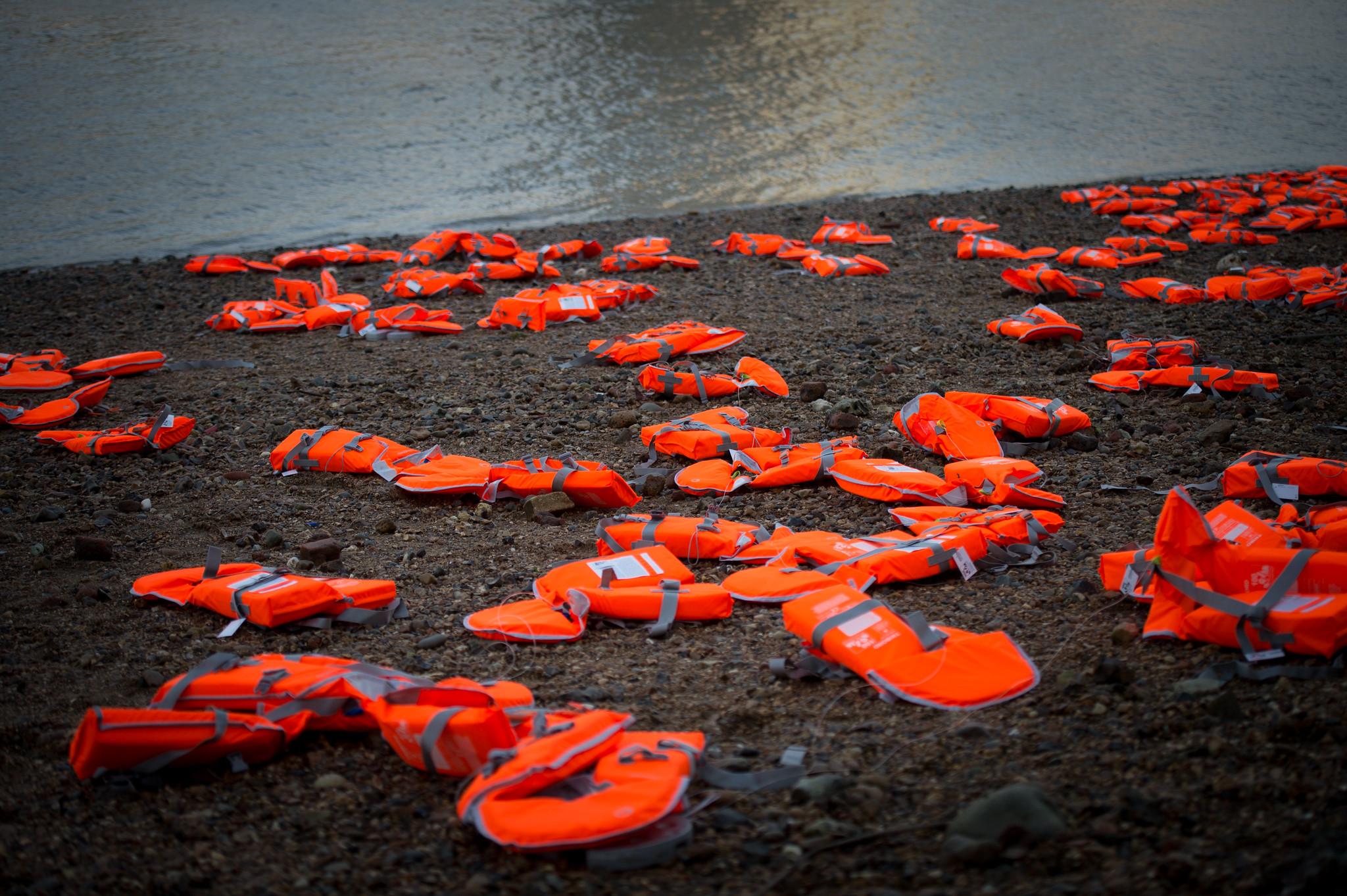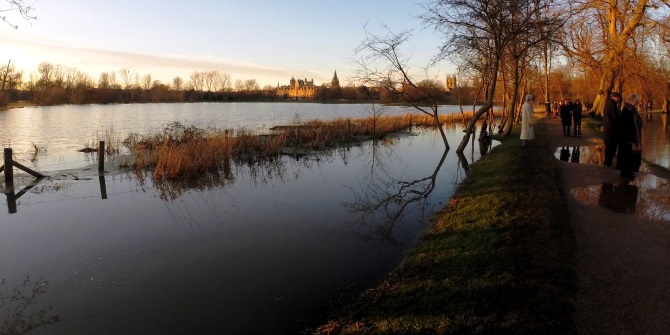The King’s Speech is a formal tradition to set out the government’s agenda for the next session of Parliament. However, next week’s address comes against a backdrop of international political turmoil, an ongoing cost-of-living crisis and intense controversy around the UK’s climate action. Alexandra Penler looks at how these factors may influence the occasion.
On November 7, King Charles III will preside over the State Opening of Parliament and give the first King’s Speech of his reign. This speech is unique in several ways: not only is it Charles’s first speech as monarch, though he read the Queen’s Speech for his mother last year, and the first under Rishi Sunak’s premiership, it will also be the last one before the next general election in which the Tories could be voted out of power. It will also be the first “King’s Speech” in over 70 years.
The State Opening of Parliament is a heavily scripted example of pageantry that dates back to 1679. Traditionally, the ceremony opens with a carriage procession for the monarch from Buckingham Place to Westminster. The carriage, the Irish State Coach, and the current route were first used in 1852 during Queen Victoria’s reign. The ceremony is held in the House of Lords, as the British Monarch has been barred from the House of Commons since 1642 when Charles I tried to arrest lawmakers. Before the speech, MPs of the House of Commons are summoned to the House of Lords by the Black Rod. Ceremoniously, the House of Commons shuts the door in the face of the Black Rod, symbolising the House of Common’s independence from the monarch.
Much of the pomp dates back to the time of Charles I and II, the symbolism ironic for a Charles III. Another tradition is for a lawmaker to be ceremoniously “held” hostage at Buckingham Palace to ensure the monarch’s safe return after the speech. It is also the only regular occurrence where the monarch, the House of Lords, and House of Commons meet together. This year, Queen Camilla is expected to accompany her husband, as the Prince of Wales will be in Singapore for his Earthshot Awards.
The King’s Speech is a speech written by government ministers and given by the sovereign. It lays out the government’s priorities for the legislative year ahead and provides the government an opportunity to make the case for the importance of the priorities to the legislature and the British public.
Reading the room
There are a few things to keep an eye for out during and after the speech this year.
The first is the general optics of the speech. Last year there was significant blowback at the optics of Charles giving a speech about the cost-of-living crisis while sitting on a gold throne next to a crown with 3,000 diamonds in a palace. “Looking forward to Prince Charles delivering the Queen’s Speech where he’ll tell us all he sympathises with the cost-of-living crisis as it’ll now cost us all loads more to heat his homes,” one comedian quipped last May. Given that the throne is traditional, and Britain is still facing high inflation, watchers should expect further incongruity of this kind.
Last year there was significant blowback at the optics of Charles giving a speech about the cost-of-living crisis while sitting on a gold throne
Since becoming King, Charles has made a few changes to modernise the monarchy and the State Opening provides a few more options. While the route and ceremony haven’t changed since Victoria’s time, some elements are outdated. The use of the gold coach is particularly out of place with current times, which Charles may have realised. Last year when he gave the speech for his mother, he opted to travel by car. If he opts to do so again this year, it could signal a change of approach. His decision not to wear a crown would also mark a noted difference and perhaps a small nod to the current public mood on the economy and the future of the Royals.
Royal watchers will be keen to see how the speech and ceremony play out in the British press. This year’s King’s Speech, which is set by Parliament, is scheduled on the same day as Prince William’s Earthshot Prize in Singapore. There have been rumours of Charles’s frustration at Prince William’s news coverage competing with his own. Given that Earthshot is William’s flagship initiative, this has been a core event on the royal calendar and gained British and international press coverage. If the Princess of Wales, a particular magnet for the press, does not accompany her husband, it could mean that the Royal Family wants to keep the focus on the King.
Policy predictions
Finally, the last thing to note is the content of the speech itself. The speech lays out the government’s planned legislative bills and other announcements such as foreign policy. Most of these were laid out at the recent Conservative conference, so we know some of what to expect. We know there will be bills on data protection, criminal justice reform, tobacco products, and secondary school qualification reforms. Given the cost-of-living crisis, there will most likely be nods to economic initiatives and how the legislature can combat inflation. Given the high profile cancelling of the northern arm of the HS2, it is unclear if transportation will remain on the agenda.
While the speech is written by ministers, there can be a disconnect between what the ministers write and Charles’s sincerity or involvement, given the restrictions on the role as sovereign. Since the monarch is considered one of Britain’s best diplomatic resources, this is not the case for foreign policy. There will most likely be a strong statement of support for Israel and Ukraine, as well as potentially more aid for Gaza, on top of the £20 million announced recently and condemnation of antisemitism and islamophobia.
Charles was very quick to put out a statement supporting Israel after the initial attack by Hamas, recently met with Palestinian charity leaders and has called for more tolerance in society and politics. When Charles became King, he said that he wanted to rededicate his “life to protecting the space for faith” and made a large effort to include a range of faiths in the coronation. Charles and William have both expressed their support for Ukraine a number of times since the war began.
Monarch and Government at odds on climate?
What we don’t know is what Prime Minister Sunak has planned on climate change action. Last month Sunak came out against current measures to reach Net Zero which went against Charles’s personal views on the need to combat climate change, but Charles has so far kept mum on his thoughts about the new policies, in line with his role as monarch. The speech is just a few weeks before COP28 and it’s still unclear whether Charles will attend, though his charity will.
Like in foreign policy, Charles has quite a lot of credence on environmental issues. It will be particularly interesting to watch how Charles delivers this section of the speech and if he will betray any of his emotions, and therefore his thoughts, on the topic, which would be a major departure in the sovereign’s role. There was also a bit of duelling optics when Sunak’s announcement came on during William’s Earthshot Finalist announcements and right before Charles’s green-heavy state visit to France. As the King’s Speech takes place during William’s Earthshot awards, we can expect once again to see these contrasting images and ideas in both the speech and the news coverage afterwards.
All articles posted on this blog give the views of the author(s), and not the position of LSE British Politics and Policy, nor of the London School of Economics and Political Science.
Image credit: Heide Pinkall / Shutterstock.com







